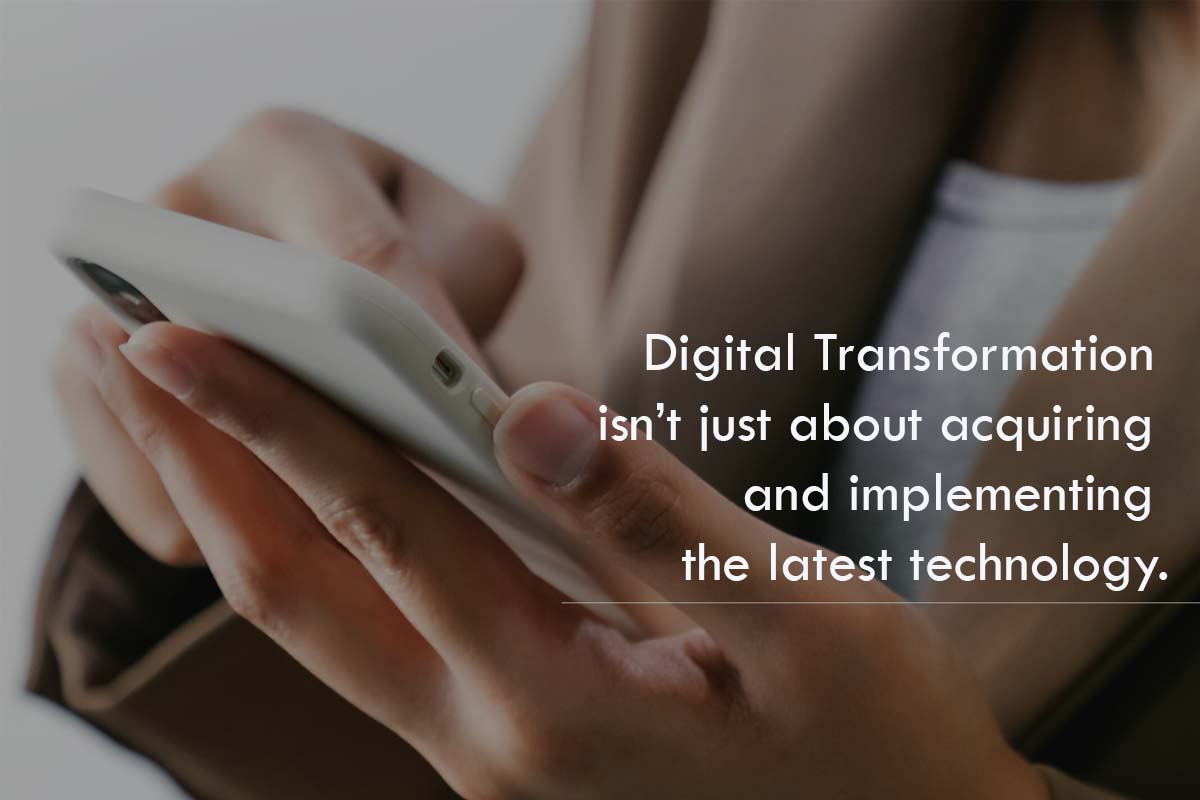Welcome to 2022!! It's a new year filled with apprehension,…

Healthcare Organisational Knowledge Management: What would it look like in a post Covid-19 Economy?
Recently, Chancellor Rishi Sunak made his long-awaited announcement about the winding down of the Coronavirus Job Retention Scheme (CJRS). In summary, there will be a gradual wind down of reimbursements for furloughed employees with the scheme scheduled to close on 31 October.
With this in mind, one cannot help but wonder what the post Covid-19 workforce and economy would like, given that the current predictions of an economic downturn, redundancies and job losses are more than likely expected to take place either now or later on in the year, especially as some industries are yet to reopen.
Amidst the increased slant towards remote working, the use of new cloud based technologies and AI, one thing that always gets overlooked is the “Knowledge Drain” associated with the loss of employees and the overall impact this knowledge loss will have on the different economic sectors.
To appreciate the role Knowledge Management (KM) plays in any organisation; one needs to understand from a broader perspective that it is the process of capturing, distributing, and effectively using knowledge (Koenig, M.E.D., 2012). It is a disciplined approach and one of the three pillars of Digital Transformation.
More often than not, people confuse data or information with knowledge but to clarify let’s take a quick look at the differences.
Data is comprised of the basic, unrefined, and generally unfiltered information, while Information on the other hand is much more refined data which has evolved to the point of being useful for some form of analysis.
Knowledge however, is an entirely different ball game which resides in the user and happens only when human experience and insight is applied to data and information (Juris Kelley, 2002). So where the phrase knowledge is power used to be true, having knowledge alone is no longer enough but being able to harness and apply that knowledge to drive action, innovation and productivity is the real power.
The advent of Covid-19 premiered a whole new way of life all around the globe. In healthcare for example, it highlighted specialisation by healthcare practitioners and the gaps in the business arena of healthcare, which has now fuelled a global race to innovate for better patient care.
As more and more technology Apps and Platforms arise to make access to healthcare practitioners more feasible across disparate locations, now more than ever, Healthcare organisations need to understand, value and capture its collective knowledge for better patient outcomes as they drive innovation forward.
Gone are the days where the business arm of these organisations would task their I.T services to implement and deploy new technology at the drop of a hat that ultimately does not deliver the required outcomes for the required seasons.
To accomplish the effective use of technology for better patient care, healthcare professionals, the Business and the IT professionals need to bridge the communication gap and find ways to improve communications and knowledge sharing.
It is a known fact that with large healthcare providers and public service healthcare organisations there often is a long gap between the gathering of data to the application of acquired knowledge due to different the levels of bureaucracy, red tape and indecision. As part of the long-term plan, organisations need to start by recognizing that there is such a thing as the expiration or redundancy of Knowledge and ensure that knowledge acquisition and its implementation is done within a mapped timeframe.
Furthermore, as organisations begin to recognise the value of their knowledge economy, Knowledge management should no longer be treated as a second class citizen but be prioritized and cultured for a more productive organisation. What this means is that, in the implementation of new technological projects, technology needs to be recognized as an enabler and even when it is poised to be a driver because of the age we live in, organisations should resist the urge to pivot to such a stance that the other key factors involved; people and processes are compromised to the detriment of patient care.
In a nutshell, Business and healthcare goals, fortified by local knowledge of the patient demographics and the organisations IT Capabilities must always drive the solution and not Technological boundaries and restrictions. This approach accommodates quick changes and organisational innovation without being impeded by Technology limitations.
On a final note, Project teams also need to be empowered to be a bridge between the implementation of new technology and enhancing Knowledge capture and sharing as part of the full project package. Therefore, Healthcare organisations need to position themselves towards using Knowledge-Based Systems (KBS) to align the delivery of healthcare services and IT to focus on systems that use knowledge-based techniques to support human decision-making, learning and action (Fujita, H., & Lu, J., 2012).



